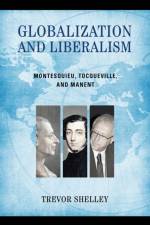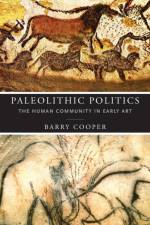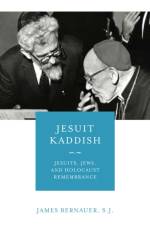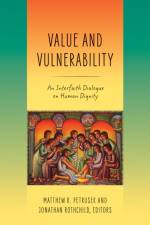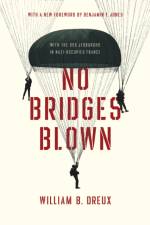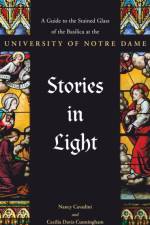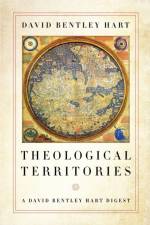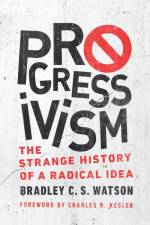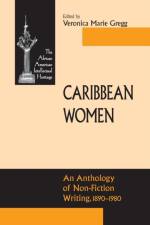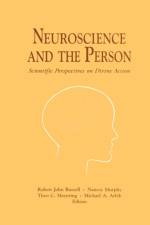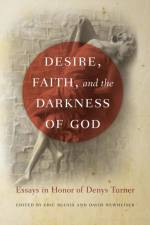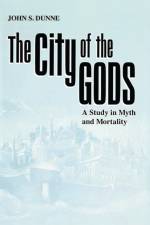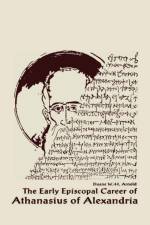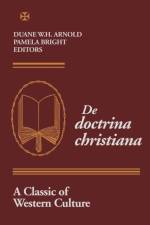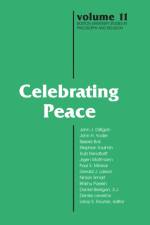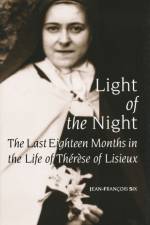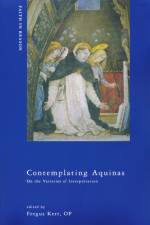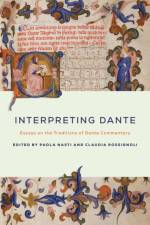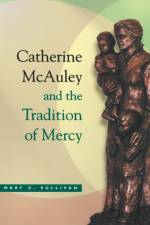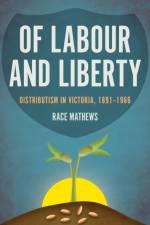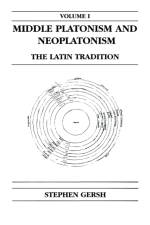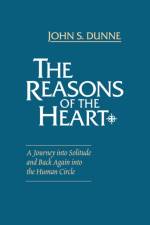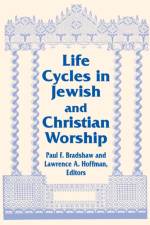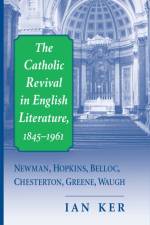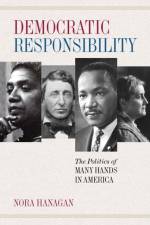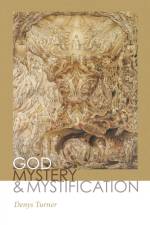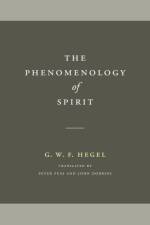- A Classic of Western Culture
531
This volume is the result of an international conference held at the University of Notre Dame in 1991 in which leading scholars, classicists, medievalists, theologians, philologists, rhetoricians, literary critics, and philosophers-gathered to focus on one of the most remarkable and influential books of late antiquity, Augustine''s De doctrina christiana.Contributors to this volume place the historical setting of De doctrina christiana within the context of contemporary scholarship and explore in detail its theological meaning and impact on western culture and Christian education. The essays cover the entire field of current Augustinian studies starting with the historic setting of late antiquity in which De doctrina christiana was written. They then examine the work itself, its literary structure and interpretive and theological significance, how it was received by later patristic writers, and how it has been used as an authoritative source in contemporary times. An extensive bibliography facilitates further study.Contributors: Duane W. H. Arnold, Lewis Ayres, William S. Babcock, Pamela Bright, J. Patout Burns, John C. Cavadini, David Dawson, Charles Kannengiesser, Takeshi Kato, R. A Markus, Cyril O''Regan, Adolf Primmer, Christoph Schäublin, Kenneth B. Steinhauser, Leo Sweeney, Roland J. Teske, and Frederick Van Fleteren.

